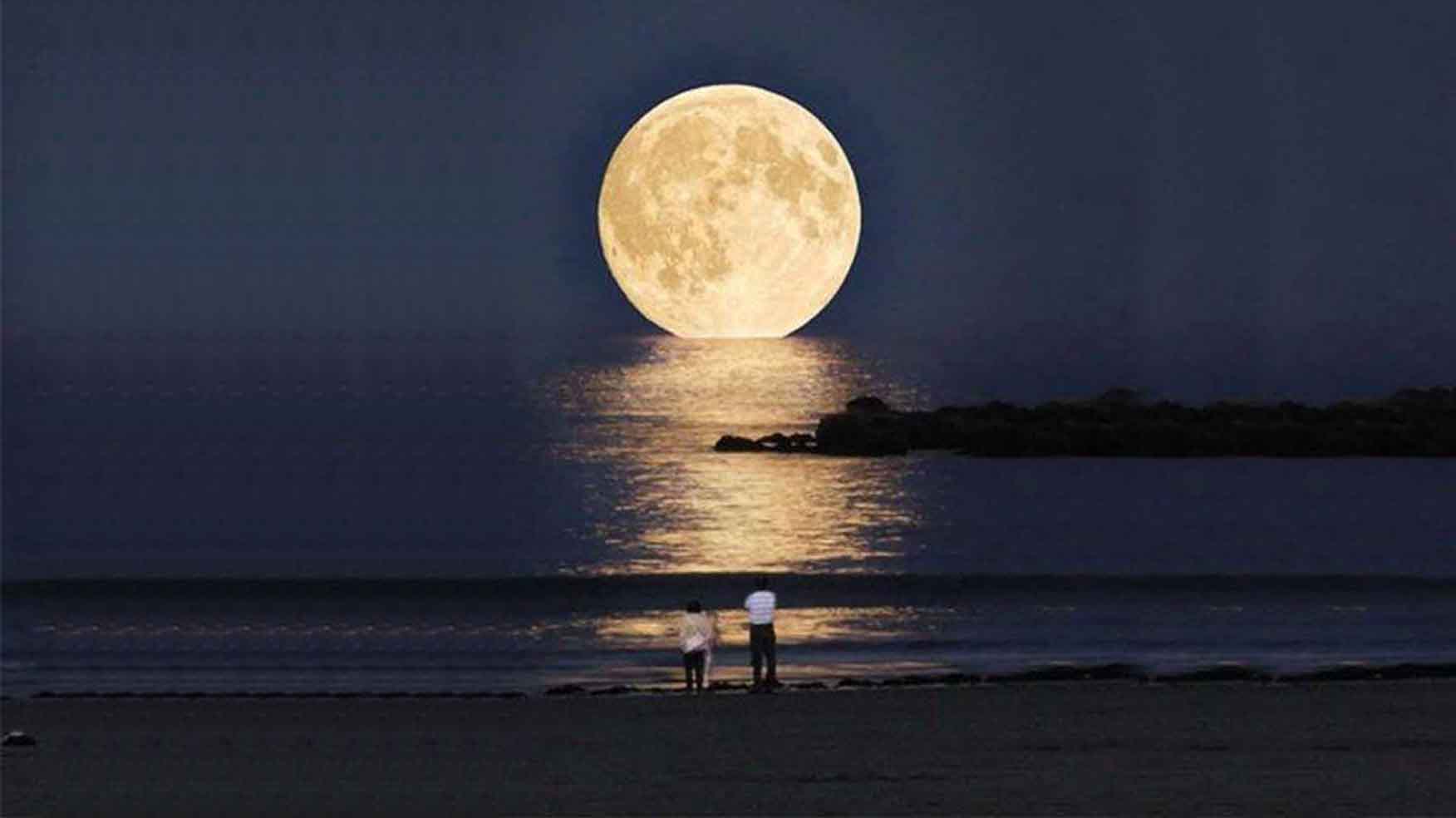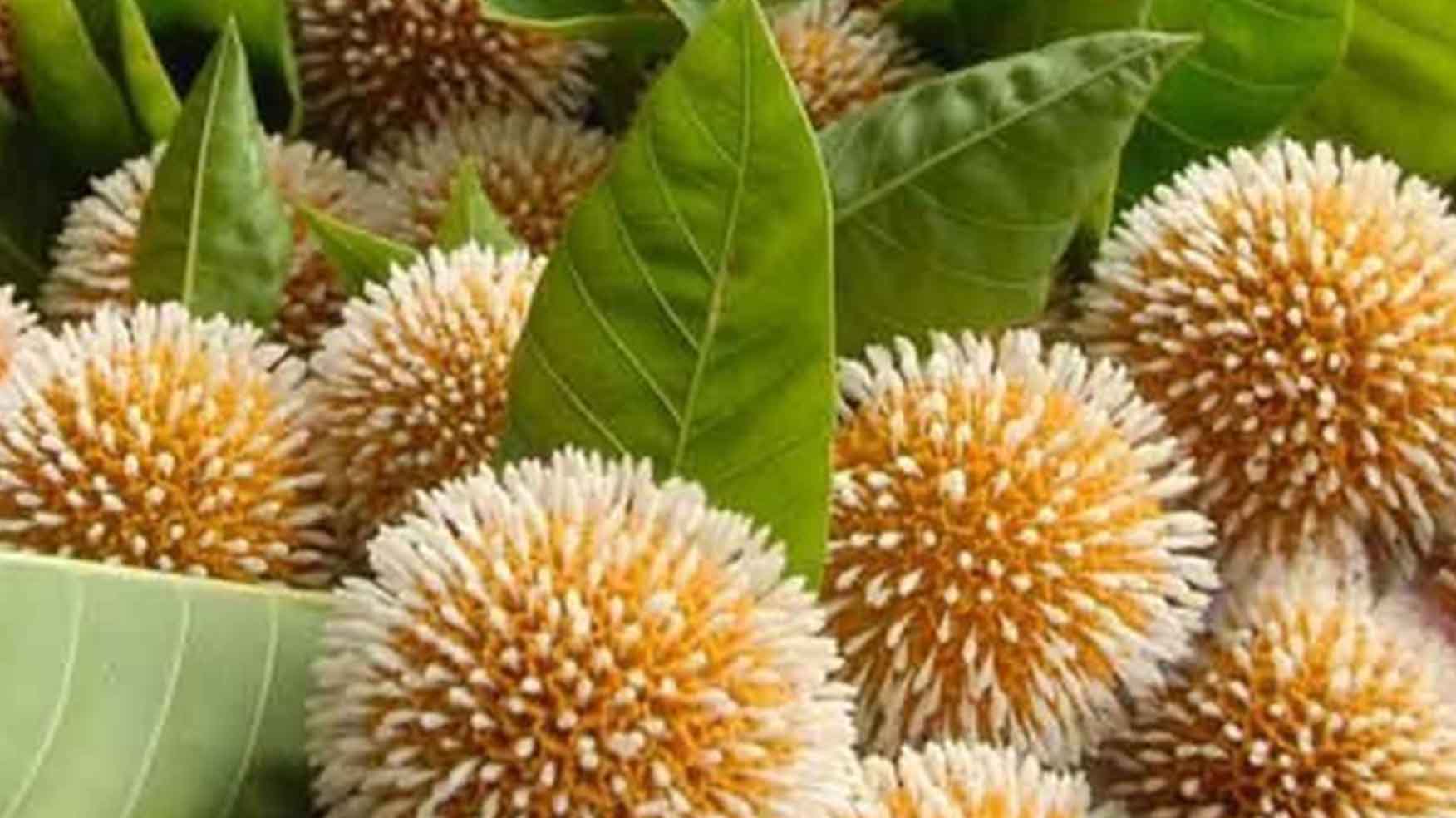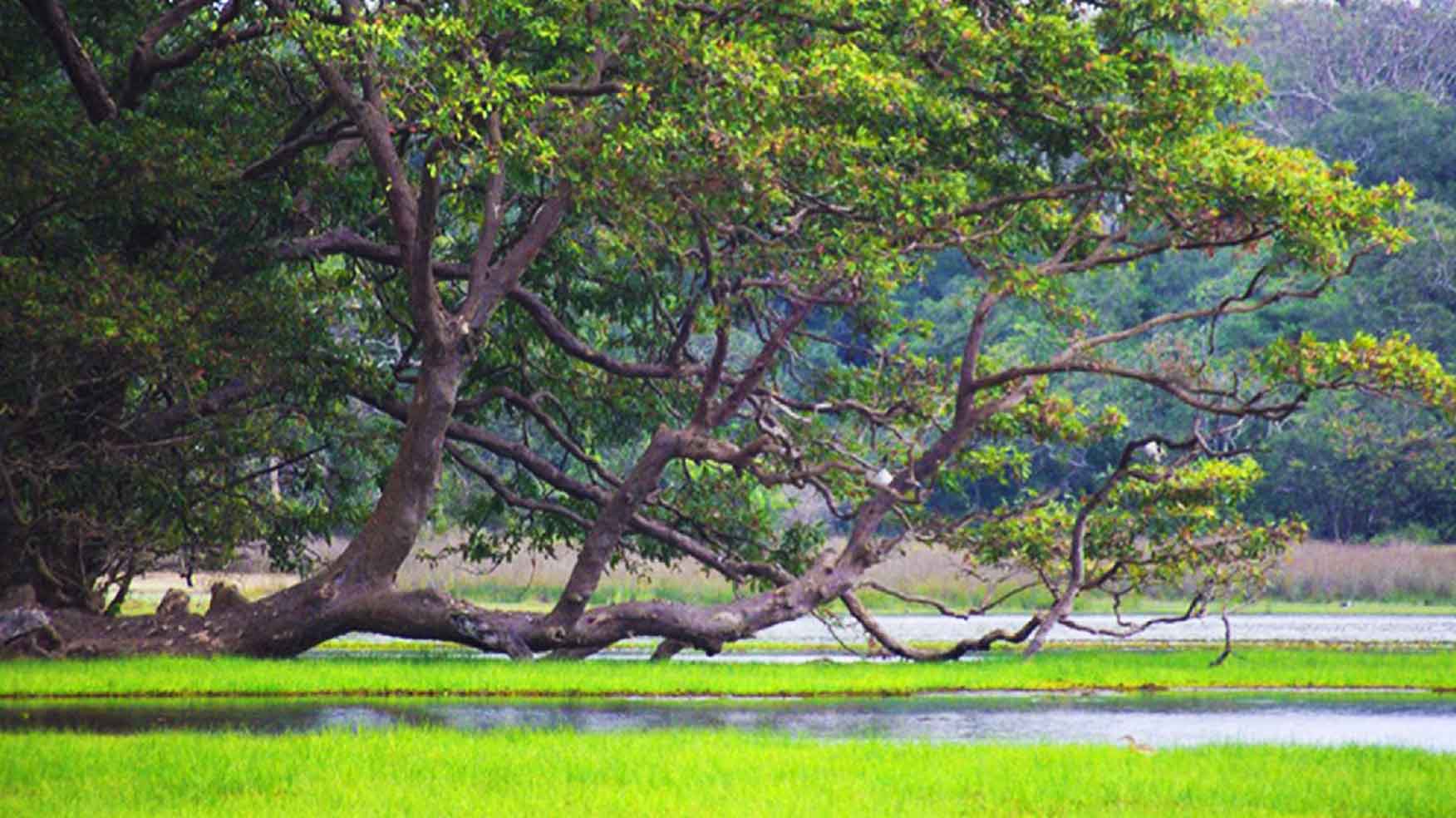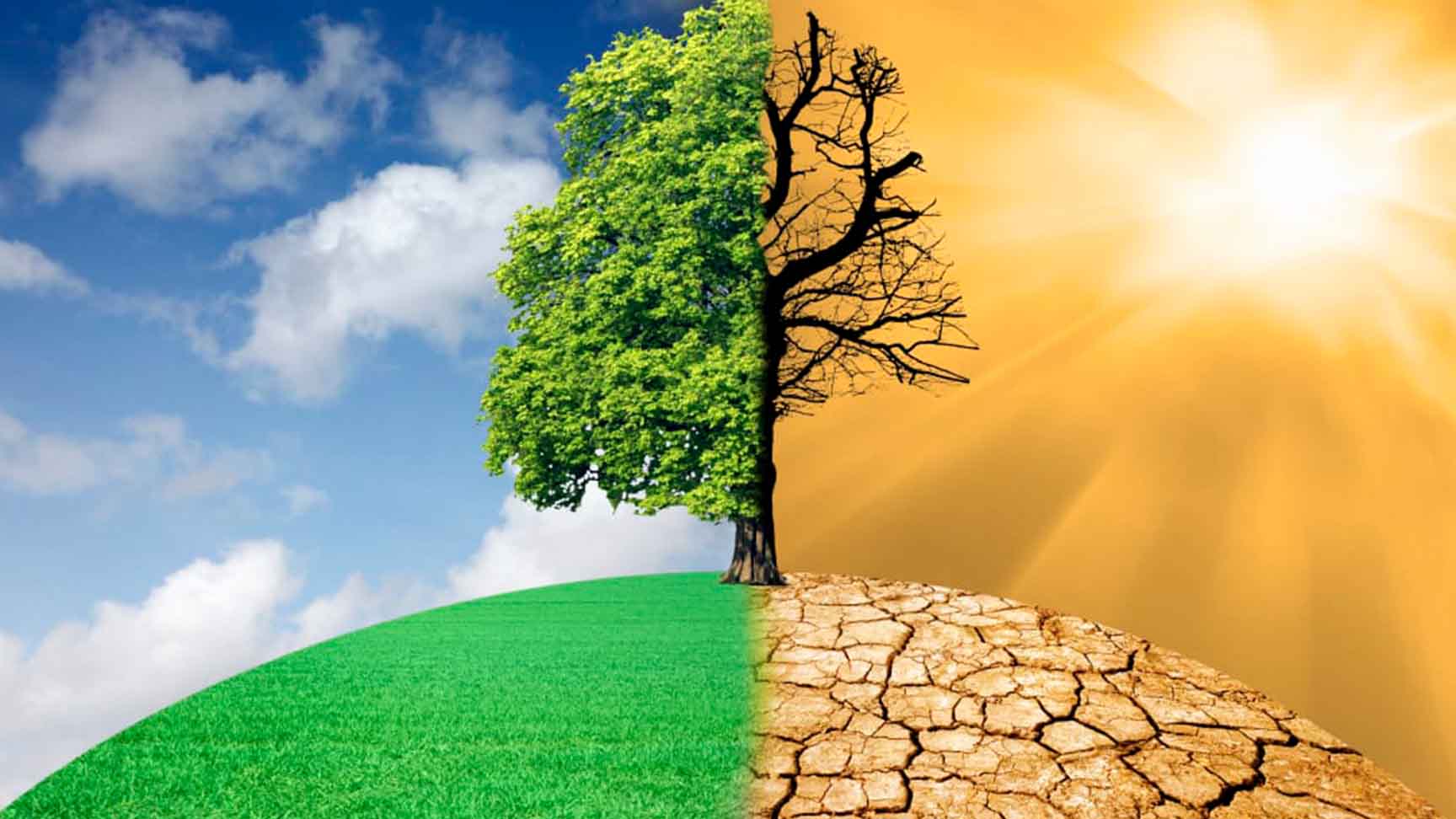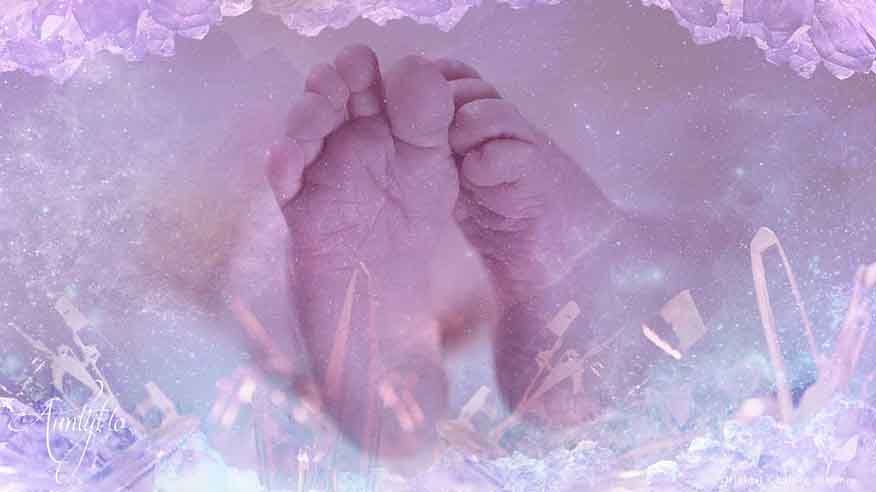Life on Earth
- කතා
- Hits: 4036
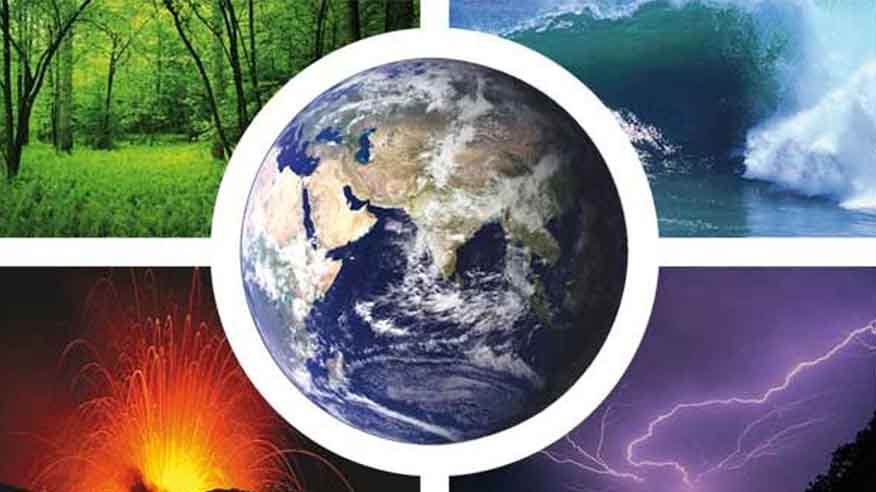
The Planet called Earth we survive on has its origin approximately 4.6 billion years ago. There has been a great discourse around the world about the evolution of the Earth. The big bang theory as the most accepted ideology describes how the whole universe compressed to a single point and exploded before 12-14 billion years. As the big bang theory explains, The huge masses of dust and remnants of this explosion have dispersed throughout space. The circulation of materials with high pressure and energy causes the accumulation of particles that grow into planetesimals. Planetesimals, icebergs, water vapor, rocks continue to collide with each other and eventually it creates the Earth.
It is impossible to think of a life in the conditions that existed on Earth in the early days. The frequent volcanic eruptions on earth resulted in releasing of various gases like Co2, N2, CH4, NH3, H2, H2S, N2O, H2O(gas), a very little amount of O2 to form anaerobic atmosphere about a billion year after the earth emerged. Gradually an environment conducive to life has formed.
As time passes the collisions, the bombardments from asteroids to the earth which directly bring about the emission of extreme heat have gradually subsided and slowly the earth begins to cool down.
A very high amount of energy created on primordial earth due to the excessive release of heat through volcanic eruptions, lightning strikes producing high voltage, excessive receive of ultraviolet rays and also the hydro thermal vents and alkaline thermal vents make the ground to happen reactions between gasses in the earth's primitive atmosphere to form simple organic compounds. Water and smoke with high temperature comes from hydrothermal vents and alkaline vents which pass through tunnels above the earth's core in deep sea affects to produce an excessive energy to create earth's primordial atmosphere gasses.
Fossil evidence of microbes living around 3.5 billion years ago suggests that life on earth originated 3.5 billion years ago. As the earth begins to cool, simple organic molecules with billions of tons of water vapor in the atmosphere condense to originate precipitation. This continuous rain gave birth to the first oceans on earth. Unlike today, the primordial ocean has had a high concentration of simple organic compounds like amino acids, fatty acids, glycerol, monosaccharides and nucleotides. Therefore the primordial ocean is named as the primitive soup.
In this primitive soup, simple organic molecules have polymerized to form complex organic compounds such as proteins, nucleic acids and polysaccharides. Nucleic acids like RNA have had the capability of directing their own self- replication. At the end of a process of a thousand millions of years, these macromolecules combine together to form the first living cell. This phenomenon can be considered as the root of emerging life on earth. Therefore it clearly manifests how carbohydrates, lipids, nucleic acids and proteins can be identified as the fundamental components of organisms.
Udara Athukorala
3rd year
Faculty of Social Sciences











